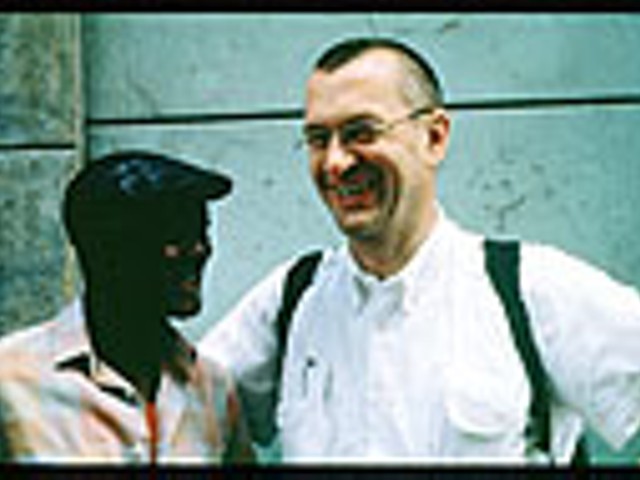"To love oneself is the beginning of a lifelong romance," quips Lord Arthur Goring, the dandy bachelor of Oscar Wilde’s An Ideal Husband.
Goring continues to be marvelously witty and immensely self-absorbed in writer-director Oliver Parker’s version of Wilde’s play. But amid the sparkling dialogue, political intrigue, emotional blackmail and courtship games, Parker demonstrates that the five central characters want nothing more than to connect with others.
The "ideal husband" of the title is rising political star Sir Robert Chiltern (Jeremy Northam), or at least that’s how his wife Lady Gertrude (Cate Blanchett) adoringly sees him. This duo is the glamorous power couple of 1895 London society, hosting elaborate parties at their mansion when not advising Robert’s feisty sister, Mabel Chiltern (Minnie Driver), on finding a suitable spouse or dallying with the entertaining but feckless Lord Goring (ideally played by Rupert Everett).
Just when Sir Robert is up for a Cabinet post – considered the fast track to prime minister – the striking Mrs. Laura Cheveley (Julianne Moore), a not-so-cherished school chum of Gertrude’s, strides onto the scene prepared to expose the skeleton in his closet unless he puts aside his principles and aids her in a lucrative scheme.
So begins a dark morality tale masquerading as light comedy. Parker merges Oscar Wilde with Preston Sturges, and the union produces a bright, witty romance with an undercurrent of political intrigue.
During the course of An Ideal Husband, everyone’s expectations are upset like the proverbial applecart – and in Parker’s mind, nothing could be better. Here, complacency is seen as the real sin.
In his adaptation, Parker trims Wilde’s text, streamlines the plot and stages the farcical elements of the story as a complex dance of continually shifting duets and trios. Instead of opting to make a traditional costume film, where carefully composed long-shots define the social order, he employs a few establishing shots then quickly zooms in for the real action: the up-close interplay of a crackling cast.
Long before anyone articulated that the personal is political, Oscar Wilde used domestic comedies to lash out at the constrictions of a hypocritical society. In his satirical and hopeful romance, Oliver Parker keeps the faith.
Serena Donadoni writes about film for the Metro Times. E-mail her at [email protected].





